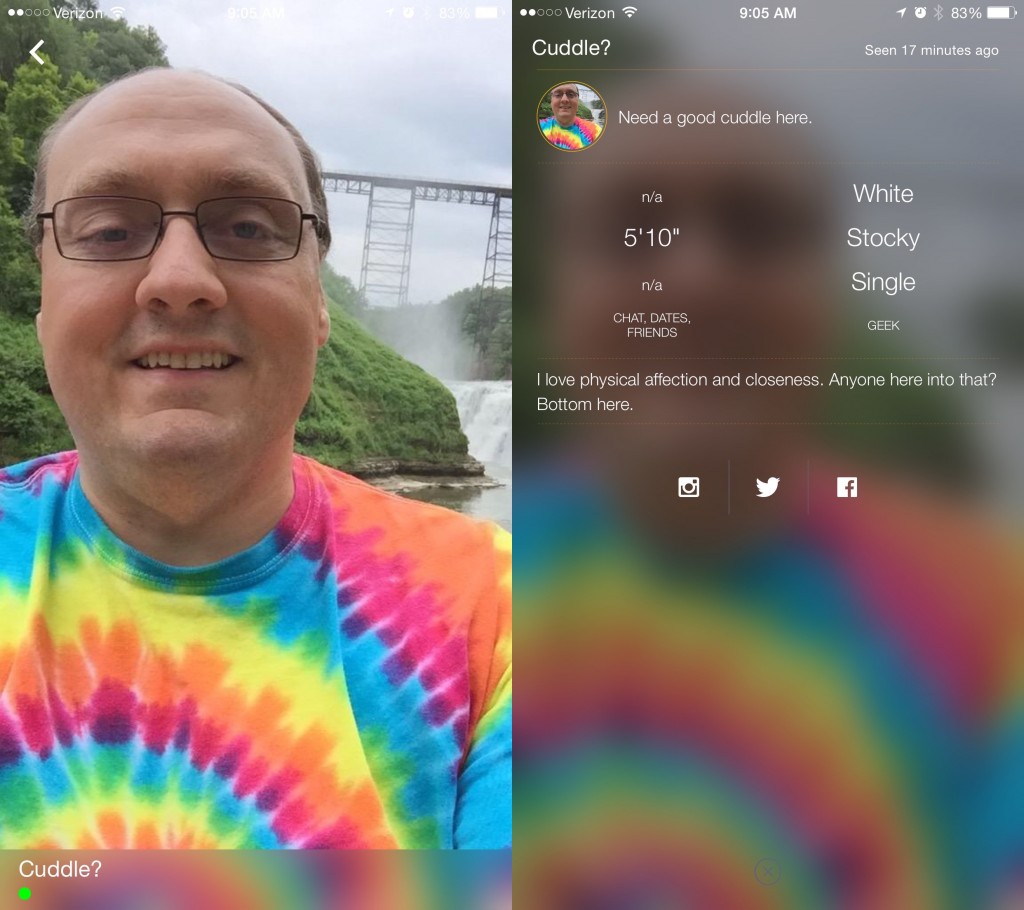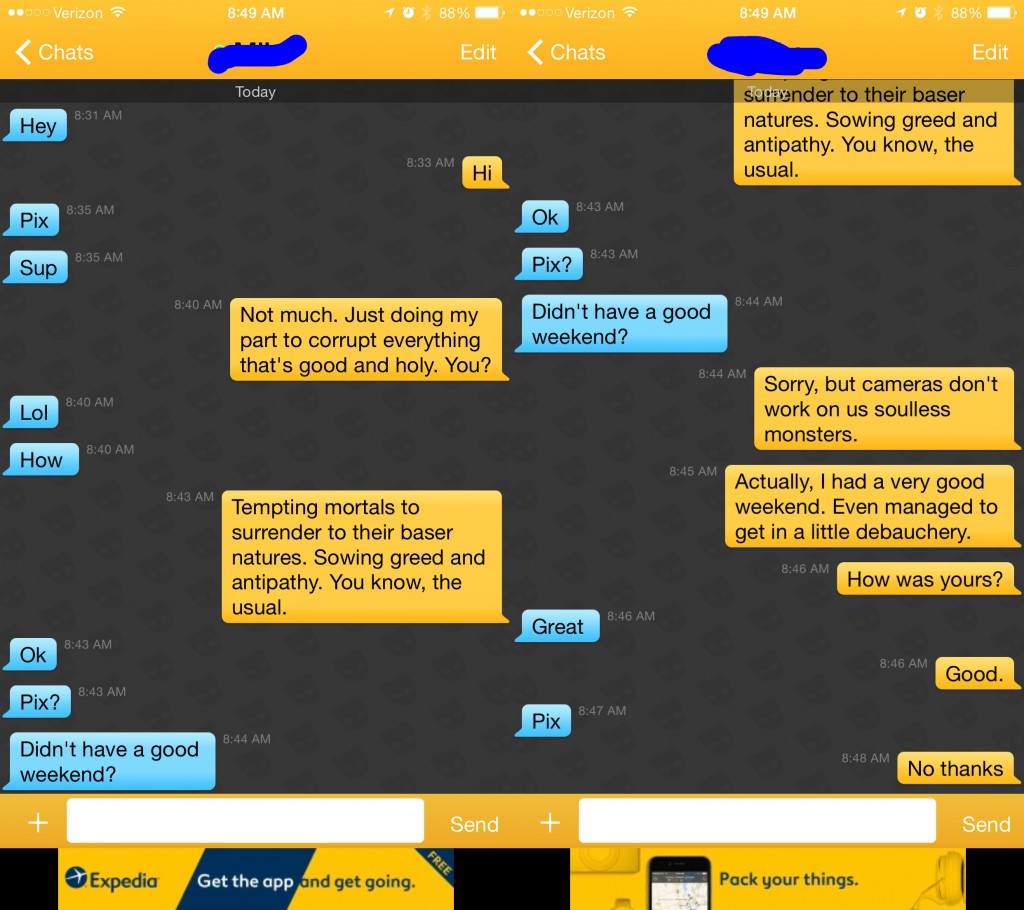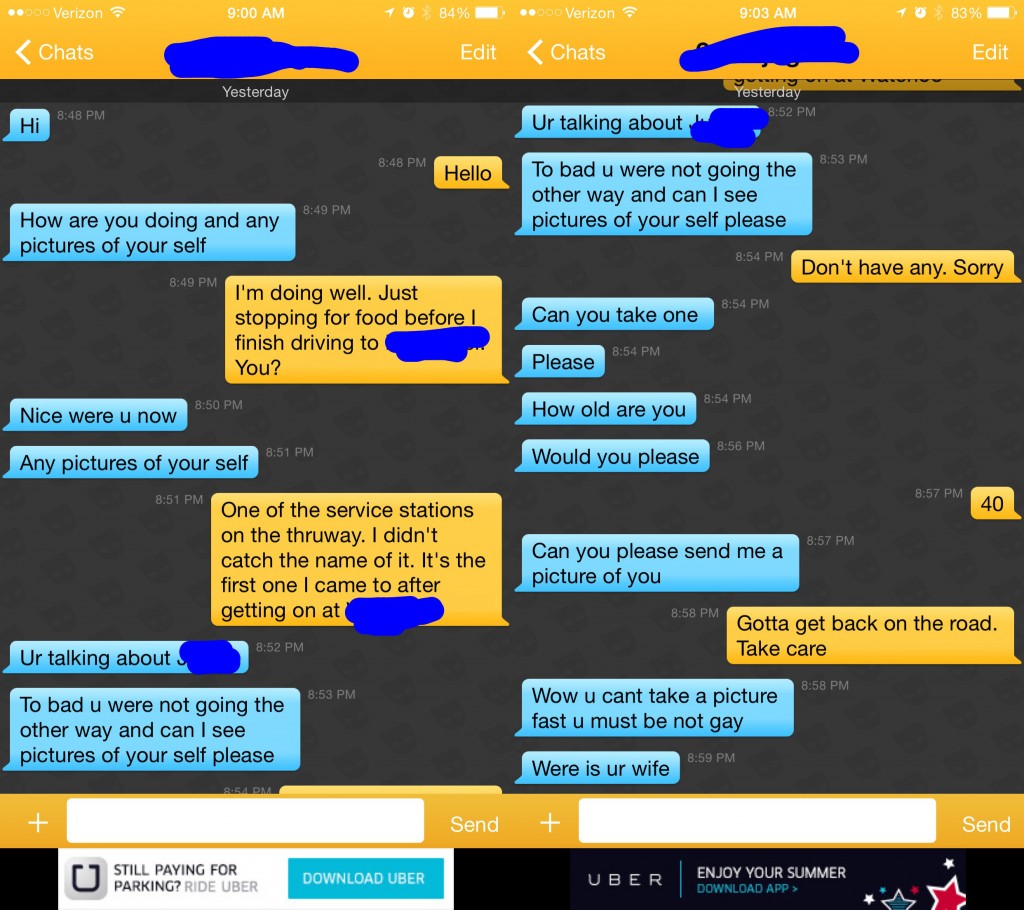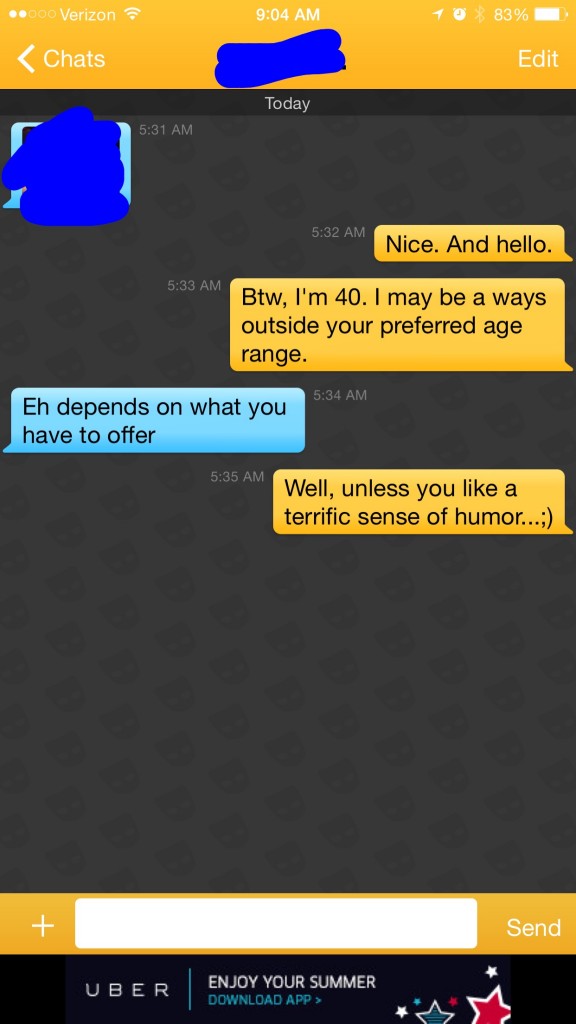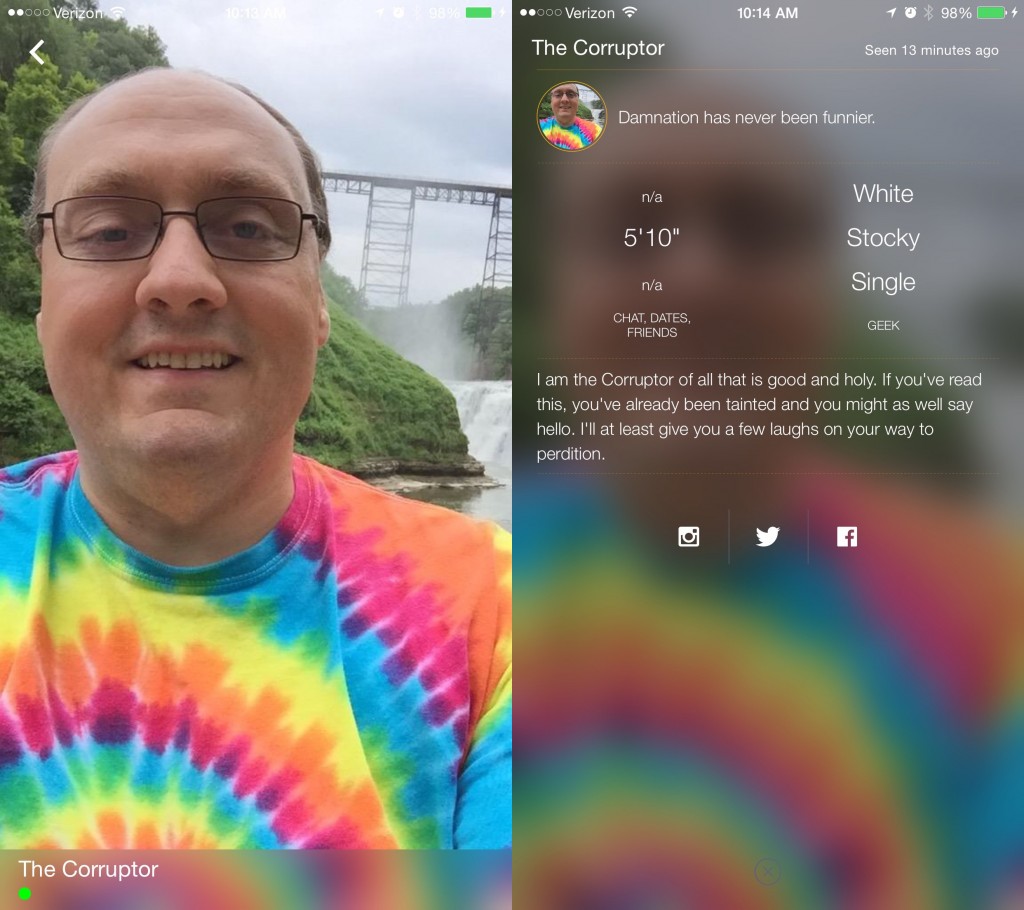The fourth and final topic for the #OcculTea conversation is “Capitalising Off Community.” In this blog post, I will offer my thoughts on the prompt questions provided.
Do I consider online communities as equally valid to in-person communities?
I want to start my answer to this question with the obvious disclaimer that this is my personal opinion. For me, online community and in-person community serve overlapping but distinct purposes. Primarily, I see networking and sharing ideas as something that I seek in both online and in-person communities. However, when it come time to actually work magic and honor my gods communally, I personally prefer to do that in person. So for me personally, both types of community are valid, despite serving different purposes for me.
Having said that, I recognize that other have found ways to work magic and/or honor their gods through online community. As I am a strong believer in “not yucking other people’s yum,” I honor that those people have found a way to do so meaningfully.
How have online occult/witchcraft communities impacted me as a person & practitioner?
Personally, I think online occult/witchcraft communities impacted me more when I was first starting back out. You know, back in the dark ages when we had to use Yahoo Groups and web-based message boards because no one had invented Facebook, Twitter, or any of the other social media sites. At the time, I was still living in a rural part of Pennsylvania and I didnd’t know many witches, occultists, or Pagans near me. So I relied on the Internet to meet like minded people, discuss the things I was learning and the thoughts they inspired, and feel note quite so alone.
Today, I think I still benefit greatly from making connections with others online and getting exposed to a much broader array of ideas and views than I might find in my local community alone. So there’s still the same benefit, but I don’t think I need it quite so critically as I did twenty or so years ago.
I think one of my biggest concerns is that there seems to be a lot of consumerism in many parts of the online witchcraft community. Or maybe it’s just the parts I’m mostly exposed to. One of my constant concerns is that newer witches or would-be witches might be left with the impression that being a witch must be expensive by it’s very nature. I think this would be a great tragedy, because we don’t need that kind of classism in witchcraft.
I also want to note that this is not a problem unique to online witchcraft communities. I know people who have been left with a sense that they need to buy a lot of “stuff” to practice witchcraft due to interactions with in-person communities as well. I think the only problem with online communities is that it’s easier to spread that misconception much more broadly online, thereby discouraging more new or future witches.
Should there be paywalled communities and online courses?
Have I mentioned lately that I loathe yes/no questions? I think most of them rquire an answer that is far more nuanced than a simple “yes” or “no.” And this is absolutely one such question.
I think that developing and maintaining a healthy and helpful community takes a lot of time and effort. Preparing and teaching a course similarly takes time and effort. And I think that people who provide something of value to others deserve to be compensated for their time and effort. Also, in the case of an online community, it costs money to rent or self-host the servers that allow the individual members of the community to connect with one another. It seems reasonable to ask members who benefit from that community to chip in to cover those costs.
Having said all that, I’m also aware that this creates another potential for one’s financial status/class to dictate whether or not you get access to such communities and courses. As a result, how much money a person has to spend can impact the quality of their online witchcraft experience. That’s not something that I’m entirely comfortable with, either.
The best solution for this conundrum that I can currently think of is for those of us who are able to do so to help out those who may not be able to afford access to some of these communities and courses. I’m going to use a recent example from another community I’m a part of to illustrate what I’m talking about here. Earlier this month, two podcasts that talk about deconstructing/leaving evangelical Christianity held an event about purity culture, the issues with it, and positive steps people who have escaped purity culture can take to reform how they think about sex and human sexuality in general. There was a fee to attend this event, but numerous generous people donated money to help pay for people who could not afford the fee to attend the event anyway. In the online witchcraft community, I envisioning doing something similar, even to the point of setting up one or more scholarship funds of a sort. This is not a perfect solution, as even such scholarships probably wouldn’t be sufficiently funded to pay for everyone who needs the financial help.
Fortunately, I suspect there will also be those people who provide information, and opportunities to both learn and connect at no expense. As i said, this isn’t a perfect solution, but I will not let the perfect be the enemy of good.
How does one ensure the authenticity of courses/workshops/memberships/etc. as a financial investment?
I think the problem of ensuring whether a particular course, workshop, or community is authentic is a problem regardless of whether there’s money involved. It might get more complicated if you’re considering which courses, workshops, or communities to sign up for when you have a limited amount of funds to pay for them. Even so, I think the answer remains the same. Individuals will need to research the presenter/community organizer and what they are offering and determine whether they find the information/community trustworthy and worth the asking price.

